The modern industrial sector thrives on efficiency, precision, and reliability. To achieve these goals, businesses rely heavily on industrial control equipment. From managing production lines to ensuring the smooth operation of critical infrastructure, control equipment forms the backbone of today's industries. It enables companies to monitor and control complex industrial processes such as manufacturing, power generation, and water treatment without disruption.
This blog explores the many uses of industrial control equipment, its role in automation, and how it helps industries achieve operational excellence.
Industrial Control Equipment refers to devices and systems used to manage, regulate, and automate industrial operations. This equipment includes Programmable Logic Controllers (PLC), Distributed Control Systems (DCS), sensors, and other devices designed to keep industrial operations running efficiently. Control equipment is part of the broader industrial control system (ICS) framework that integrates hardware and software for real-time monitoring. Businesses in manufacturing, energy, and utilities rely on these tools to improve productivity, reduce costs, and ensure consistent performance.
Some of the key benefits of industrial control equipment are listed below.
One of the most important uses of industrial control equipment is in automating repetitive tasks. In production lines, control systems manage everything from material handling to assembly and packaging. By automating routine functions, industries not only reduce human error but also increase efficiency. Automation allows workers to focus on higher-value tasks, while machines handle labor-intensive operations.
Every business in the industrial sector knows that downtime directly impacts profitability. Industrial control systems play a vital role in reducing downtime by offering real-time data on equipment performance. For example, sensors integrated into control equipment continuously monitor machines. If an issue arises, operators receive instant alerts. This proactive approach ensures quick intervention before minor problems turn into costly breakdowns.
Maintenance strategies have shifted from reactive to predictive, thanks to industrial control equipment. With real-time data, companies analyze performance trends to anticipate when a machine might fail. This capability, known as predictive maintenance, extends equipment life, reduces repair costs, and prevents sudden failures. For instance, in power generation plants, predictive maintenance ensures turbines and generators run smoothly without unexpected shutdowns.
Safety is a top priority in critical infrastructure operations such as oil refineries, chemical plants, and water treatment facilities. By integrating industrial control systems, industries minimize risks caused by human error. Automated control processes prevent dangerous conditions and respond instantly to abnormal activity. For example, if pressure levels rise beyond limits, control equipment automatically adjusts valves, protecting both workers and equipment.
Consistency defines the success of modern industries. Whether in industrial processes such as manufacturing or in power generation, control equipment helps maintain uniform quality. A centralized control system monitors parameters like temperature, pressure, and speed. By maintaining stable conditions, industries ensure consistent product quality and customer satisfaction.
Industrial control equipment allows businesses to monitor and control operations in real time. This feature is handy in industries where uninterrupted service is essential. For example, in distributed control systems, operators simultaneously track processes across multiple locations. The ability to act on real-time data helps industries react quickly to changing conditions, improving agility and reliability.
Energy-intensive industries rely on control equipment to manage consumption effectively. In power generation, Programmable Logic Controllers (PLCs) and Distributed Control Systems (DCS) regulate turbines, boilers, and generators. This control optimizes fuel use, reduces energy waste, and lowers operational costs. It also supports cleaner, more sustainable energy practices.
In water treatment plants, industrial control equipment ensures safe and efficient operation. From monitoring chemical levels to regulating flow rates, control systems maintain compliance with health and safety standards. Automation reduces manual intervention and helps municipalities deliver clean water reliably. In this sector, consistency and precision are crucial, making control systems indispensable.
Modern industries often operate across multiple sites with interconnected processes. Industrial Control Systems (ICS) integrate centralized control with distributed control systems to streamline operations. This combination provides flexibility and scalability. For instance, a distributed control system (DCS) manages the different units of a refinery, while a centralized system ensures that all units align with corporate objectives.
Factories and assembly lines use industrial control equipment to automate precision-intensive tasks. These include welding, painting, labeling, and material handling. By taking over these jobs, control systems improve accuracy and reduce fatigue-related errors. This use not only improves production quality but also keeps workers safe from hazardous tasks.
The widespread adoption of industrial control equipment comes with several benefits:
Related: What Are Industrial Controls? A Guide for Buyers
As industries move toward Industry 4.0, industrial control equipment continues to evolve. Smart sensors, IoT integration, and AI-driven analytics make control systems more intelligent and adaptive. In the future, factories will depend even more on industrial control to optimize resources, manage critical infrastructure, and achieve sustainability goals. With technologies like predictive maintenance and real-time data analysis, businesses will reach new levels of efficiency.
Industrial control equipment plays a vital role in the industrial sector by enabling automation, reducing downtime, and ensuring safe operations. From production lines and water treatment plants to power generation facilities, industries rely on these systems to maintain efficiency and reliability. By automating repetitive tasks, supporting predictive maintenance, and providing real-time data, control equipment empowers companies to meet growing demands while minimizing risks. As technology advances, its importance in industrial processes, such as manufacturing, will only increase.
For businesses looking to strengthen their operations, sourcing high-quality control equipment from a reliable partner like eINDUSTRIFY ensures long-term success. With access to trusted suppliers and a wide range of products, companies can build resilient systems that keep them ahead in today's competitive landscape.
Email us at info@eindustrify.com or call us at +1 (888) 774 7632. Register for access to a premium global marketplace.
Tags: Industrial Control Equipment PLC & DCS Systems Factory Automation Predictive Maintenance Real-Time Monitoring Industry 4.0 IoT
RECENT POSTS:
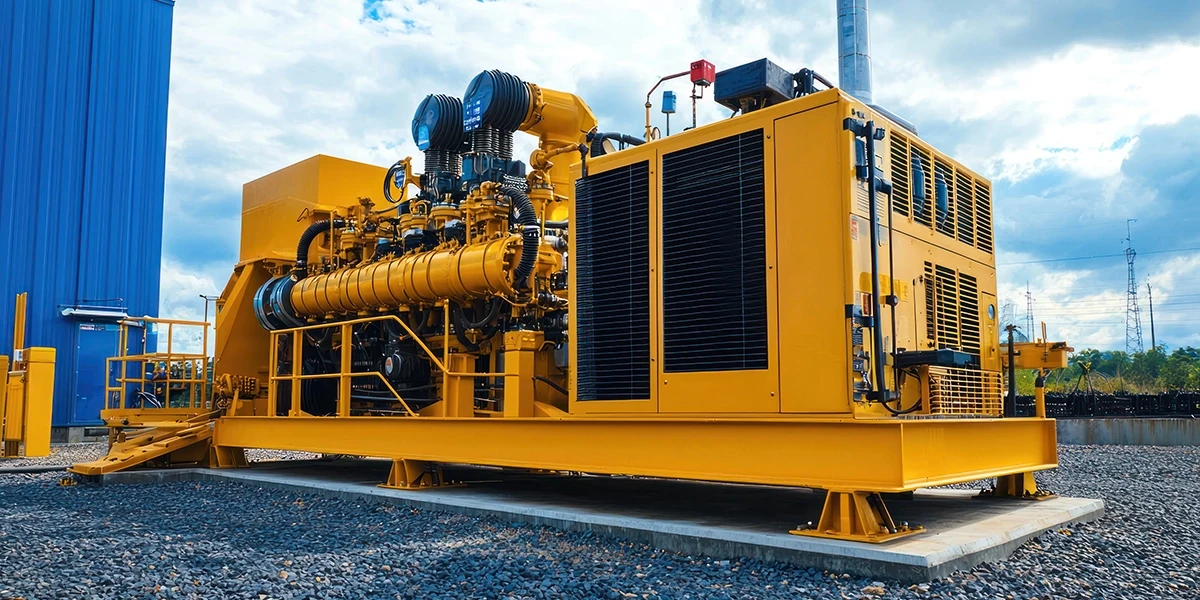
Top 5 Generator Protection Devices for Reliable Power Generation
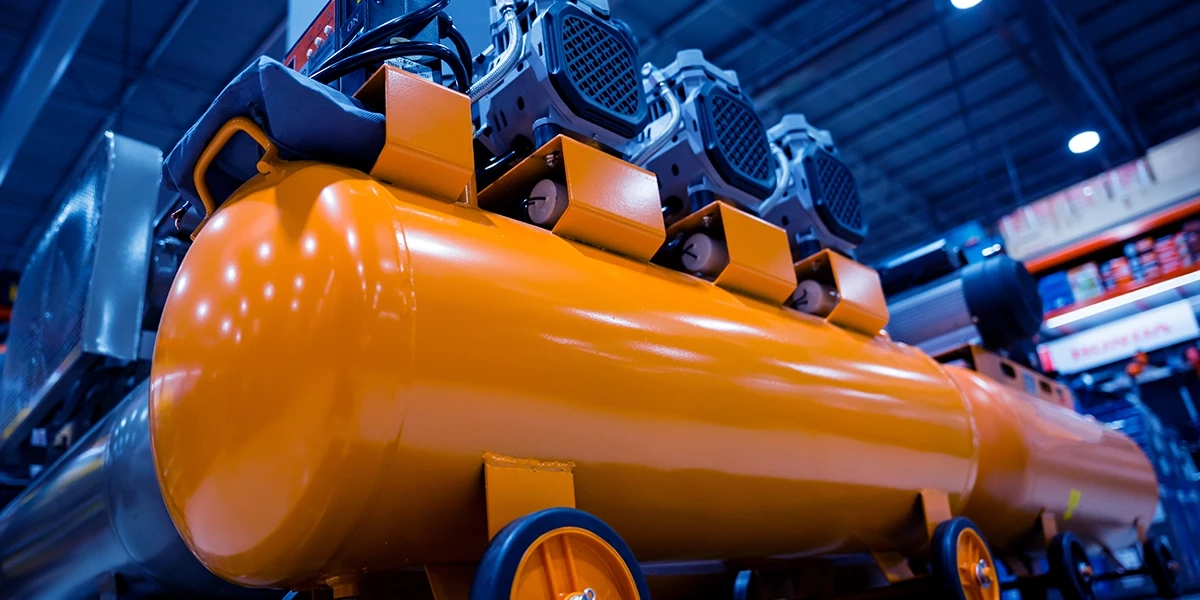
How to Choose the Right Industrial Air Compressor for Your Facility
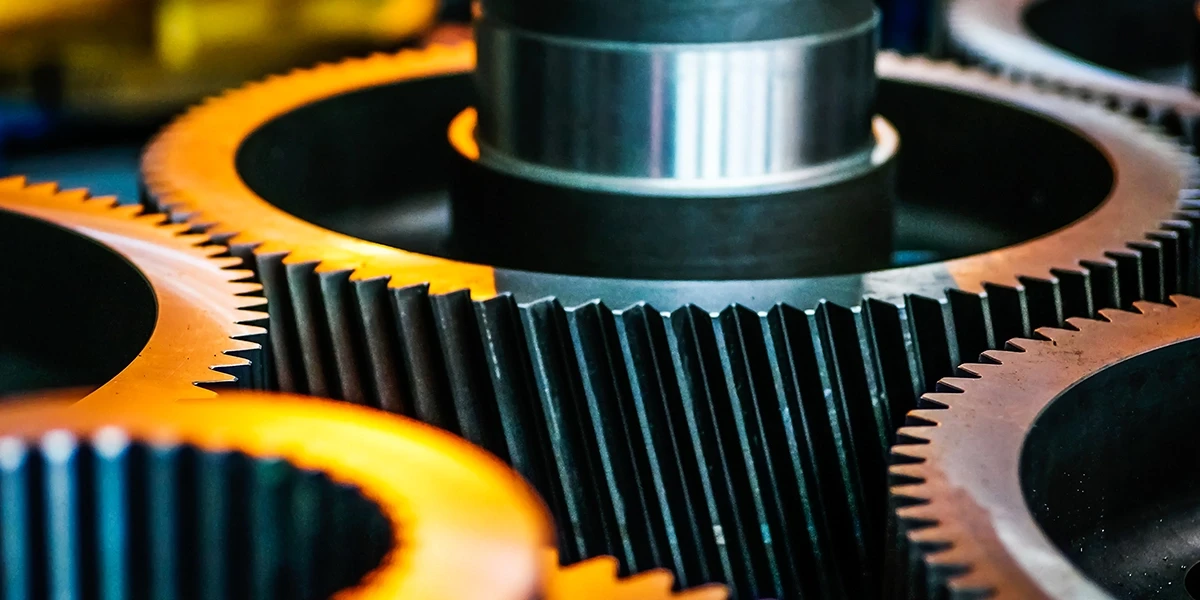
Choosing the Right Global Power Transmission Equipment
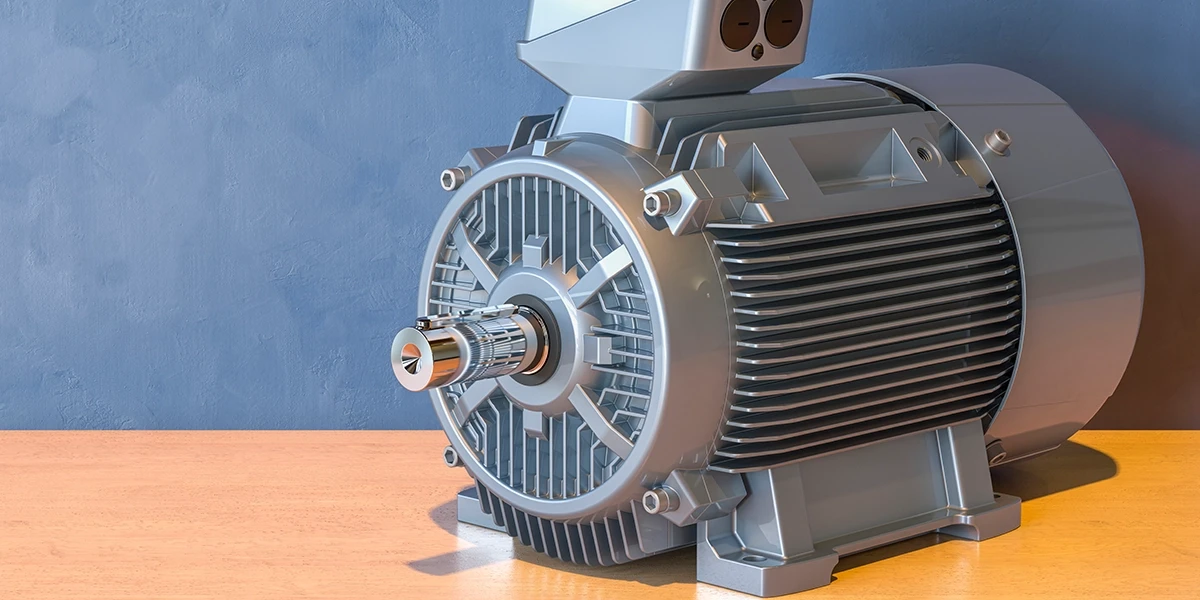
Top DC Motors for Industrial Automation
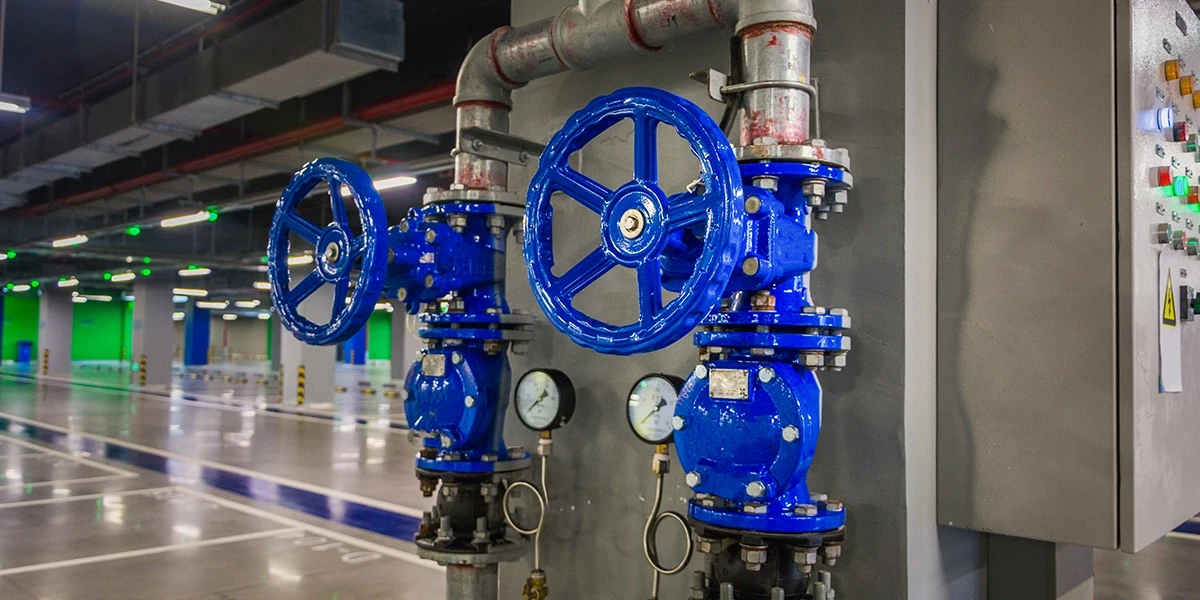
How to Select the Right Control Valves for Your System
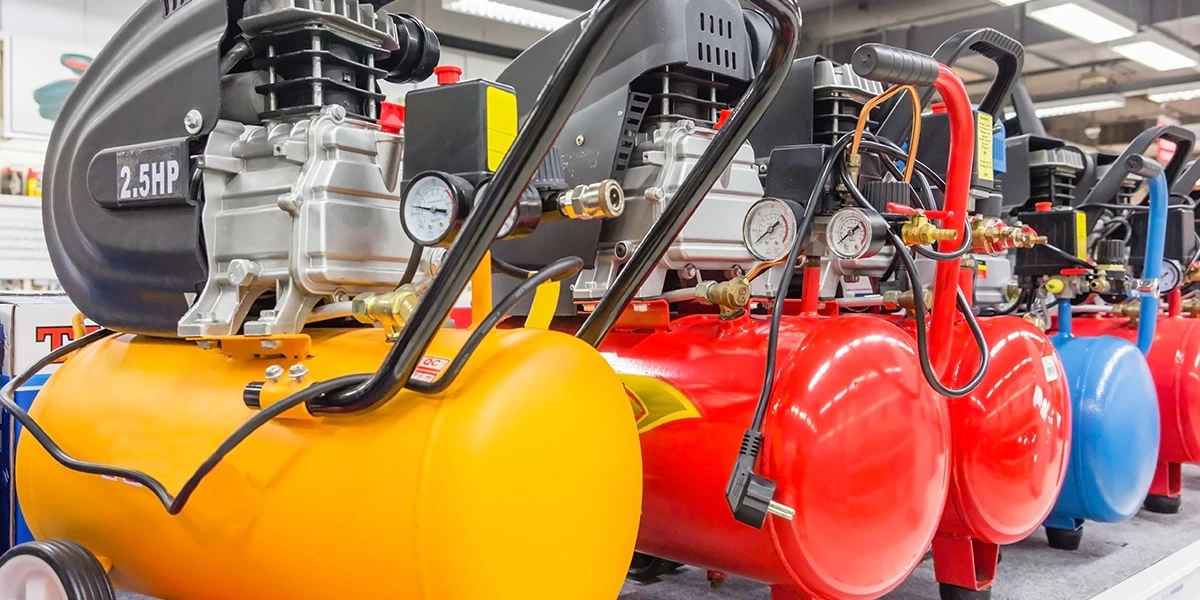
Air Compressors for Sale: Compare Models, Brands, Features
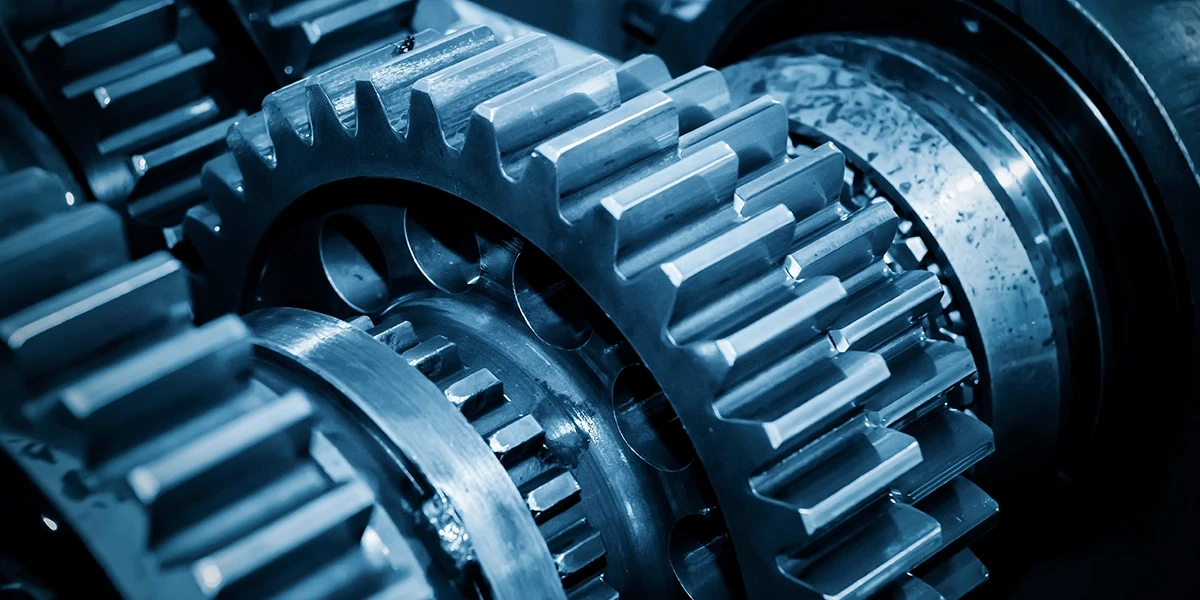
Essential Power Transmission Accessories for Industries
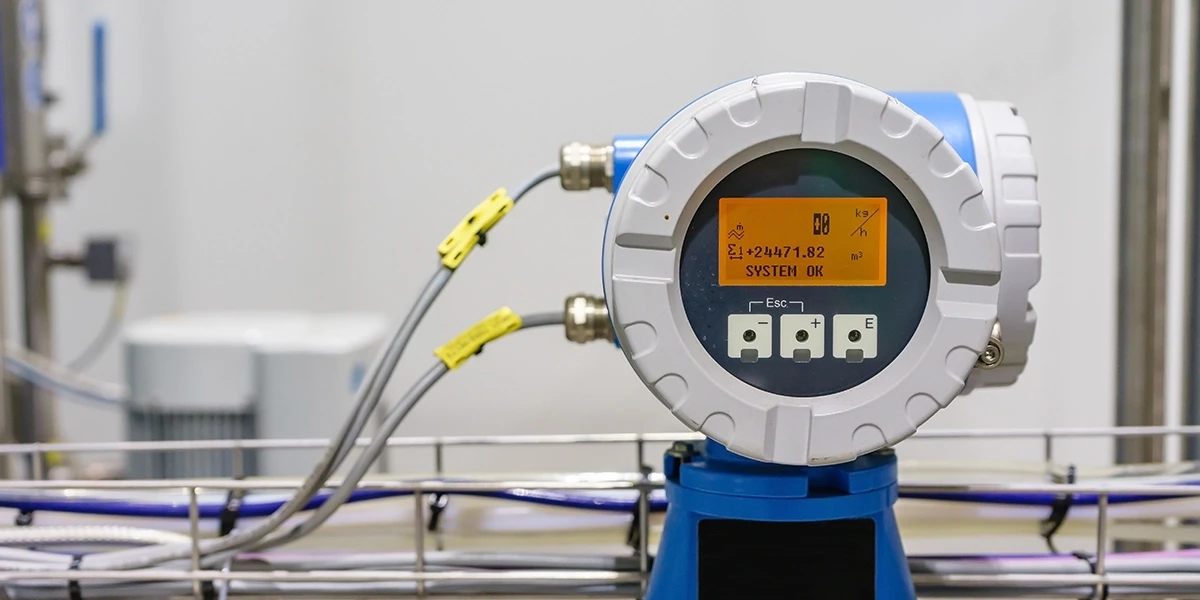
Best Industrial Sensors for Automation